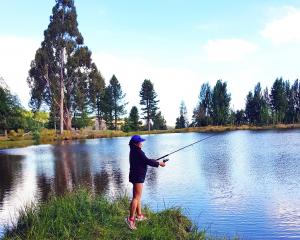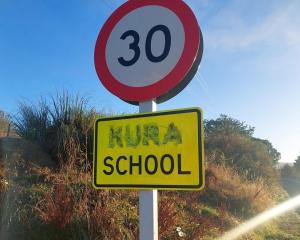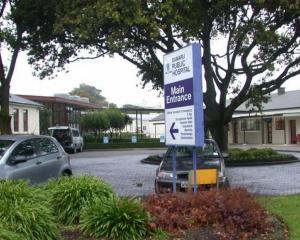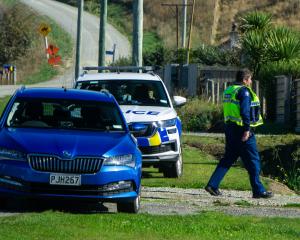On Tuesday, MPI announced the bacterial disease Mycoplasma bovis had been identified on a dairy farm, and on Wednesday it set up a field office in Oamaru to provide a base to co-ordinate the response to the outbreak at an unidentified Glenavy dairy farm.
Yesterday, the ministry confirmed the disease had been confirmed on one property, which was under order not to move "risk goods", including stock and equipment, off the farm.
Ministry response director Geoff Gwyn said MPI’s strategy was to first contain the disease and determine the size of the problem.
"Once we have defined the problem, we can then look at management options, which could include area movement controls, selective culling of some stock or long-term management measures.
"These decisions have not been made and won’t be until we can make a fully informed judgement."
MPI veterinarians were working with local vets to assess stock on the affected farm, which had a milking herd of about 1000 cows.
MPI’s July 25 statement said 14 cows had tested positive for M. bovis and about 150 on the property had clinical signs showing they may be affected.
The ministry was informed about sick cattle at the farm on July 17 and its Animal Health Laboratory confirmed M. bovis on July 22. The disease does not infect humans and presents no food safety risk.
This is the first appearance of the disease in New Zealand, but it is common around the world, including Australia.











